How To Get a Film School Education for Free - Part Two - 5 Filmmaking Books that Changed My Life
This is Part Two in a series. You can read Part One here.
Film school, or no film school? That is the question. It's the question for many of us who have dreamed of making movies since we were kids, but haven't known where to start. It's a question for those of us who have been to film school and haven't found it particularly helpful. It's a question for those considering film school who don't really have the money for it and don't know if they'll be able to make a living from it afterwards, anyway.
Well, I've got good news for you. In the 21st century, you can get a film school education for practically free.
Because: The Internet.
I went to film school for a little while. I have often asked myself if it was really a useful experience or not. The truth is that, though I think film school gave me the initial push into the film world that I needed, ultimately I have learned far more just by reading articles, books, and blogs and by watching tutorials, interviews, and movies on my own.
So I decided to share with you some of the most useful wisdom I have found. And here's the good news: most of it's free.
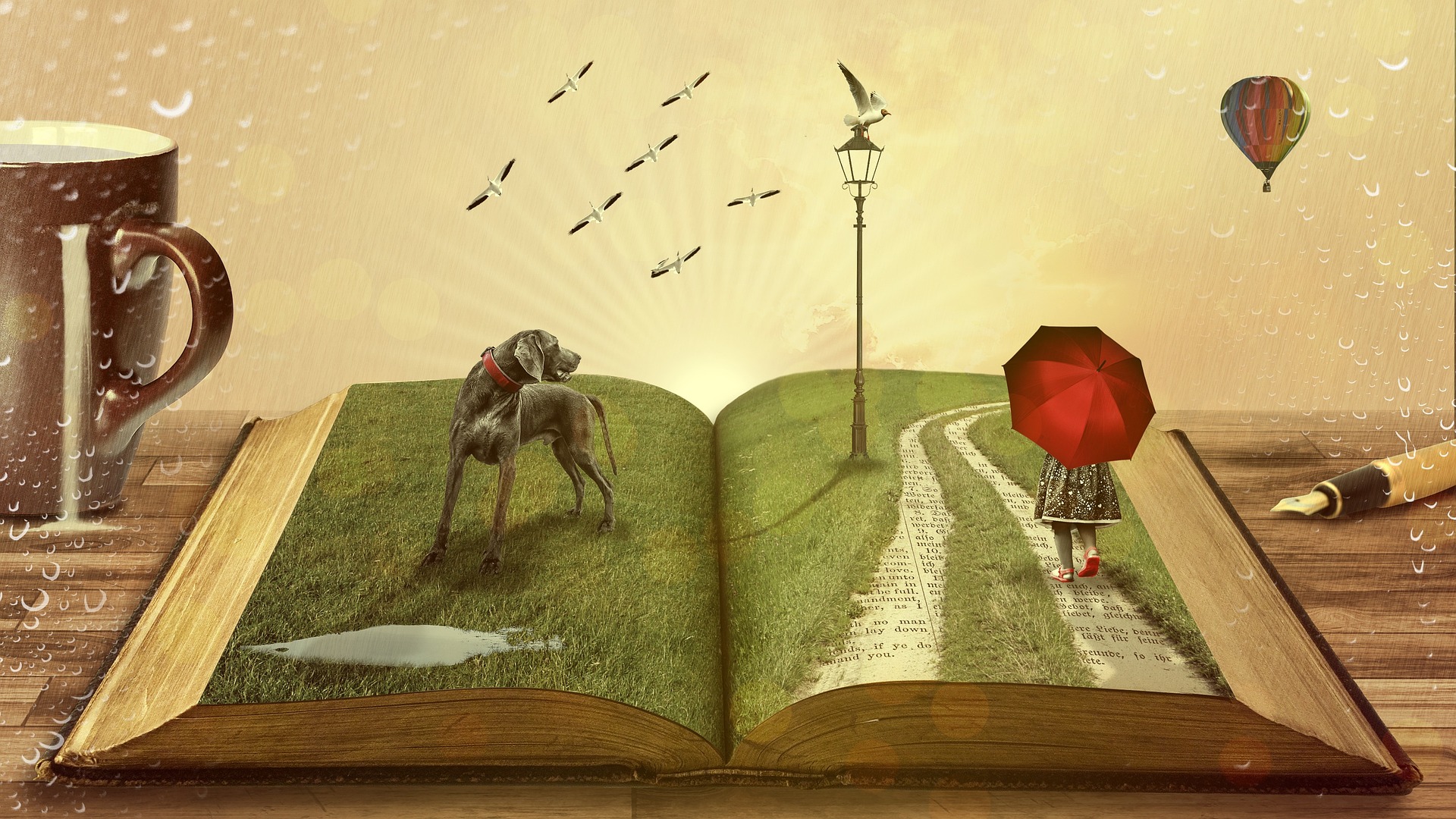
Well, books aren't free unless you can get them at the library, but thanks to places like Amazon, you can often find even obscure books for very cheap. I love buying used books on Amazon for one cent, plus $3.99 shipping and handling, and getting a book delivered straight to my door for a total of four dollars. Of course that doesn't work in all countries, but it's still awesome.
I've read a lot of books about filmmaking. Some have been great and some have been awful and some have been incredibly boring.
Then there are the ones that have changed my life. The ones that made my heart beat faster because I knew that what I was reading was rocking my world and opening doors in my mind that I didn't know existed. Here they are:
1 Closely Watched Films: An Introduction to the Art of Narrative Film Technique
I found this book by accident at my home city library and knew it was destiny. In America we ordinary people don't use the word "film" very much. We say "movie." I think that is one reason why it took me so long to enter the world of filmmaking: I didn't know how to search for information because I didn't know the right words. This book changed that.
The book is divided into 10 chapters, each dealing with a specific era or decade in the history of film and explaining it through one exemplary film from that period. It is written in such an intriguing way that I couldn't put it down. This is the first place I heard terms like "German Expressionism" and "Auteur Theory." I learned about important films I had never even heard of, and understood new things about films I had seen that helped me realize why they were important in the development of the art of filmmaking.
This is a university book, made for students of film. If you have wished to go to film school but can't afford it, check out this book, read it, and watch the movies it goes through. I'll wager you will learn practically as much as if you had taken a university course.
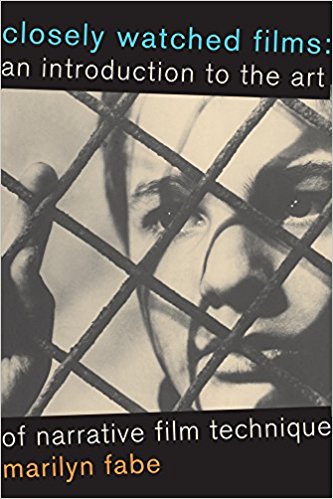
2 Into the Woods: A Five-Act Journey Into Story
Before I read this book, I was digging in my heels against the idea of story structure. I hate going to a movie and being able to predict within 20 minutes what will happen--who will win, who will die, who will end up with whom. I didn't want to make rigidly formulated movies, and that's what I thought story structure meant. My teacher and fellow students tried to reason with me, but I wouldn't budge.
Until I read this book. It goes into the psychology of story and storytelling and what a story actually is and why we tell them and why certain stories and kinds of stories last through the ages and others are forgotten. It explains how basically any story can be broken down into a 5-act structure, even stories where the writer was actually trying to subvert story structure and do something different. And it explains how stories are like circles, with opposite points mirroring each other, which honestly made much more sense to me than meaningless phrases like "every story should have a beginning, middle, and end." Yeah, well hotdogs also have a beginning, middle, and end, but how is that helpful in any way?
This isn't really a book about how to write stories. It's a book about the why of stories. I found it very freeing, because even though it convinced me that there is a structure underlying even the best of art, it also stressed that this structure is something we can find intuitively and intrinsically as humans, and that we don't have to force it.
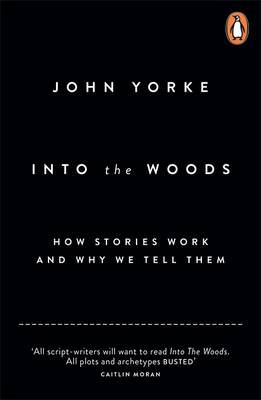
3 My First Movie: Twenty Celebrated Directors Talk about Their First Film
Stephen Lowenstein interviewed 20 now-successful directors about the experience of making their first movie. If that doesn't make you want to go and buy the book right now, I don't know what's wrong with you. I would call it a must-read for anyone who wants to be a film director. Lowenstein later put together a second book (My First Movie, Take Two: Ten Celebrated Directors TAlk About Their First Film
I magically found this book in a tiny bookstore a few months before I was to shoot my student film. I read it religiously to learn all I could because I wanted to be the best director I could be. It helped me immensely because I started to notice patterns--things that all the directors said, no matter how different their backgrounds or journey into the film industry. Things like, "I wanted to die when I saw the first edit" and "the only job a director really has is being able to answer questions." Those nuggets of wisdom have kept me steady many a time.
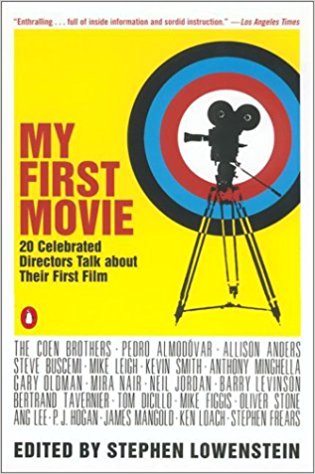
4 Setting Up Your Shots: Great Camera Moves Every Filmmaker Should Know
Okay, I'm going to cheat a little bit here. I've had one book on film theory, one on writing, one on directing, and later I'll have one on editing. This one should be about cinematography.
But I am definitely not a cinematographer. Cameras freak me out a little bit. I have tried terribly hard to understand lenses and all the technology you're supposed to know to be a good filmmaker. But my brain is just like, why are you doing this to me? I just really can't get it. It is not my gift. I admit that openly. I highly respect the field of cinematography and feel so privileged when I can work with someone who knows what they're doing behind the camera. But I am not one of those people.
That's why I am recommending this incredibly simple book on the subject of setting up camera shots. It's perfect for someone like me. It's at my level. As you can see, the book is formatted in a landscape layout, because every page has an illustration of different framings and camera movements and what they're called and what you can use them for. It's kind of like a primary for film language.
I can't say this book has changed my life, but I can say it has been the most meaningful and useful book to me on this subject. Because all the others went right over my head, quite frankly. If you're looking for some good books on cinematography, I would recommend you checking out this list, which leans way more in a cinematographic direction:
https://nofilmschool.com/2017/02/which-filmmaking-books-should-be-your-essential-reading-list
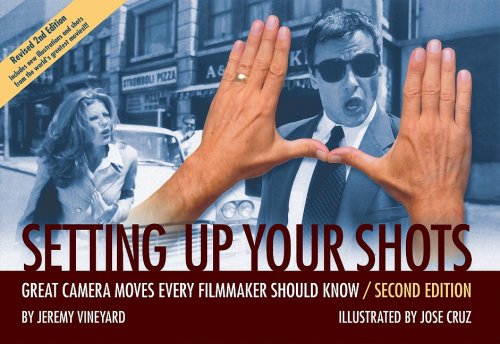
5 In the Blink of an Eye: A Perspective on Film Editing, 2nd Edition
And finally, a book on editing, by the legendary editor, Walter Murch. In case you don't know who he is, he's the guy that cut together the one million feet of footage from Apocalypse Now and also edited The Godfather: Part II. So yeah.
I'm going to give away the punchline of the book right now: a cut in film language equals a blink in human physiology. Think about that for a second. Film language is not just this thing we've learned from watching movies all our lives. It is based in our own human anatomy, in the way we see the world. This world-rocking idea has led me to question a lot of other things we do in film language, for example, do we follow the 180º rule because that's about how far we can turn our heads as we watch two people talking? Is there always a hair light because the sun is above us? Is that why when we light from below it feels disconcerting?
If you want to understand more about the theory of editing and how to edit well, how much to tell and how much to leave the audience to figure out for themselves, this is a wonderful book. Even if you're not an editor, it's a wonderful book, because editing and directing, and storytelling in general, are very similar and require the same kind of skills.
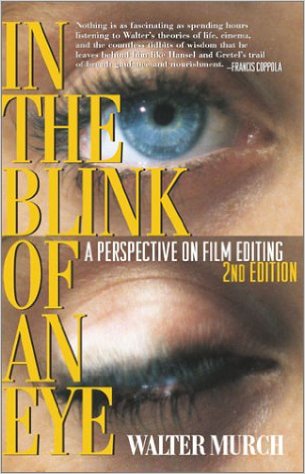
Thanks for letting me share with you some of the awesomeness I've had the privilege to partake of in the wonderful world of film books. I hope one or two have sparked your interest so that you will partake in the awesomeness as well. Cheers!
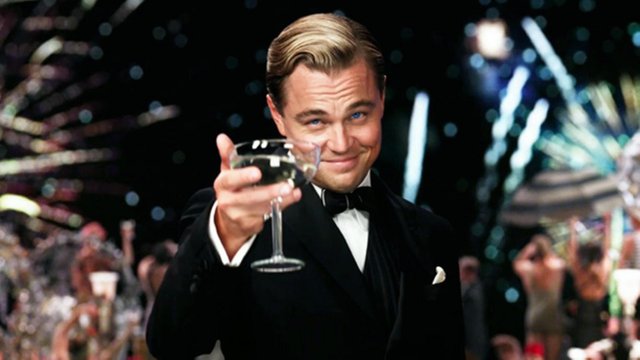





Yeah, i had a small screenplay (incomplete) and i always thought it would make a neat movie.
I have tons of ideas in my head... i just never write them down... sadly.
Youve done quite a bit of research! Very informative and alot of good informational resources listed. I'm sure it will inspire someone to do great things :-) upvoted :-)
Congratulations @stephie.spicer! You have completed some achievement on Steemit and have been rewarded with new badge(s) :
Click on any badge to view your own Board of Honor on SteemitBoard.
For more information about SteemitBoard, click here
If you no longer want to receive notifications, reply to this comment with the word
STOPCongratulations @stephie.spicer! You have completed some achievement on Steemit and have been rewarded with new badge(s) :
Click on any badge to view your own Board of Honor on SteemitBoard.
For more information about SteemitBoard, click here
If you no longer want to receive notifications, reply to this comment with the word
STOP